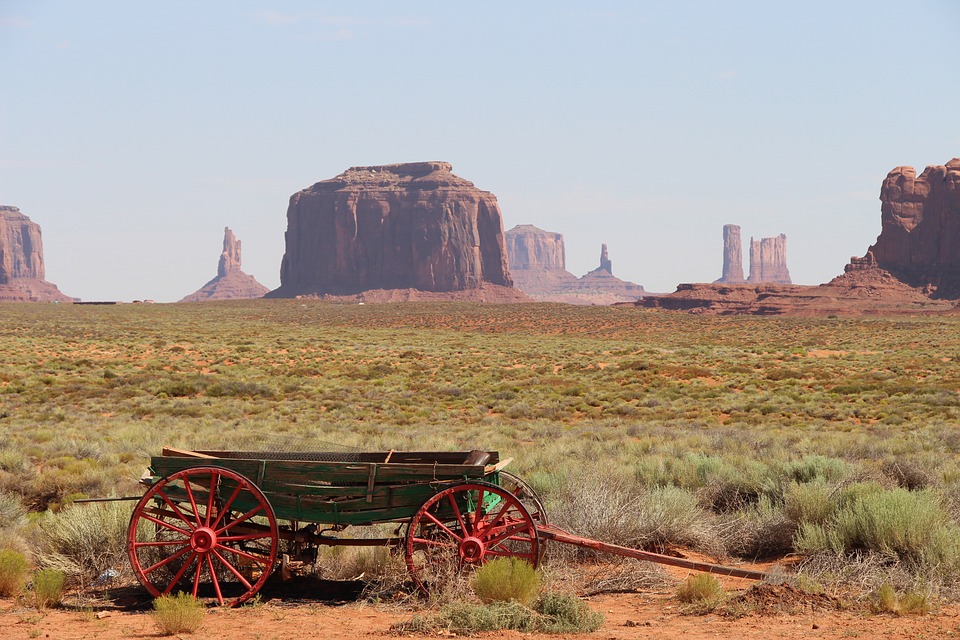While the sentiment seems to be positive, at least among the Republicans in the state of Utah, public lands advocates remain cautious as yet another controversial bill was passed late Thursday. HB407, a provision in the Utah Public Land Management Act, was quietly passed and is one of the many pieces of the framework that could see millions of acres of federally-held land transferred to state management.
While Utah politicians and lawmakers continue to advocate the system and the proposed management of public lands, many of us remain under the belief that management at the state level is simply not feasible. With massive swaths of land comes the massive cost of administering those lands. Research completed by a trio of Utah universities indicated that oil and gas royalties and other revenues garnered from public lands would fall well short of these obligations.
The next logical step would naturally cause the state to begin to limit public access to these lands and eventually sell off unprofitable tracts of land to lift the financial burden from the state’s shoulders.

Utah’s answer to these allegations is the proposed development of a state-level Department of Land Management. Under this management program, the locally elected county sheriff would become the primary law enforcement authority on public land, closely mirroring another controversial Utah bill, H.R. 622.
H.R. 622, sponsored by Rep. Jason Chaffetz, aims to terminate the law enforcement functions of the Forest Service and the Bureau of Land Management and like HB407, would put local sheriff’s office in charge. In addition to traffic control, accident investigations, narcotics violations, homicides and other infractions of the law, many are of the opinion that adding the management of 30-or-so million acres of land could be too much to handle.
The added responsibility would not only likely put more of a strain on state budgets, but would likely prove to be a burden too large to handle for local sheriff’s departments. As budgets dwindle and enforcement drops off, states will have little choice but to entertain the idea of selling these expanses of land that they can no longer manage on their own.
As elected officials continue to call our claims “erroneous”, we cannot allow the proverbial wool to be pulled over our eyes. This is a fight that will likely continue for generations to come and one many of us have already committed to.
We remain staunch in our opposition to any transfer of federally managed lands to the state level.
“The nation behaves well if it treats the natural resources as assets which it must turn over to the next generation increased and not impaired in value.” – Theodore Roosevelt



